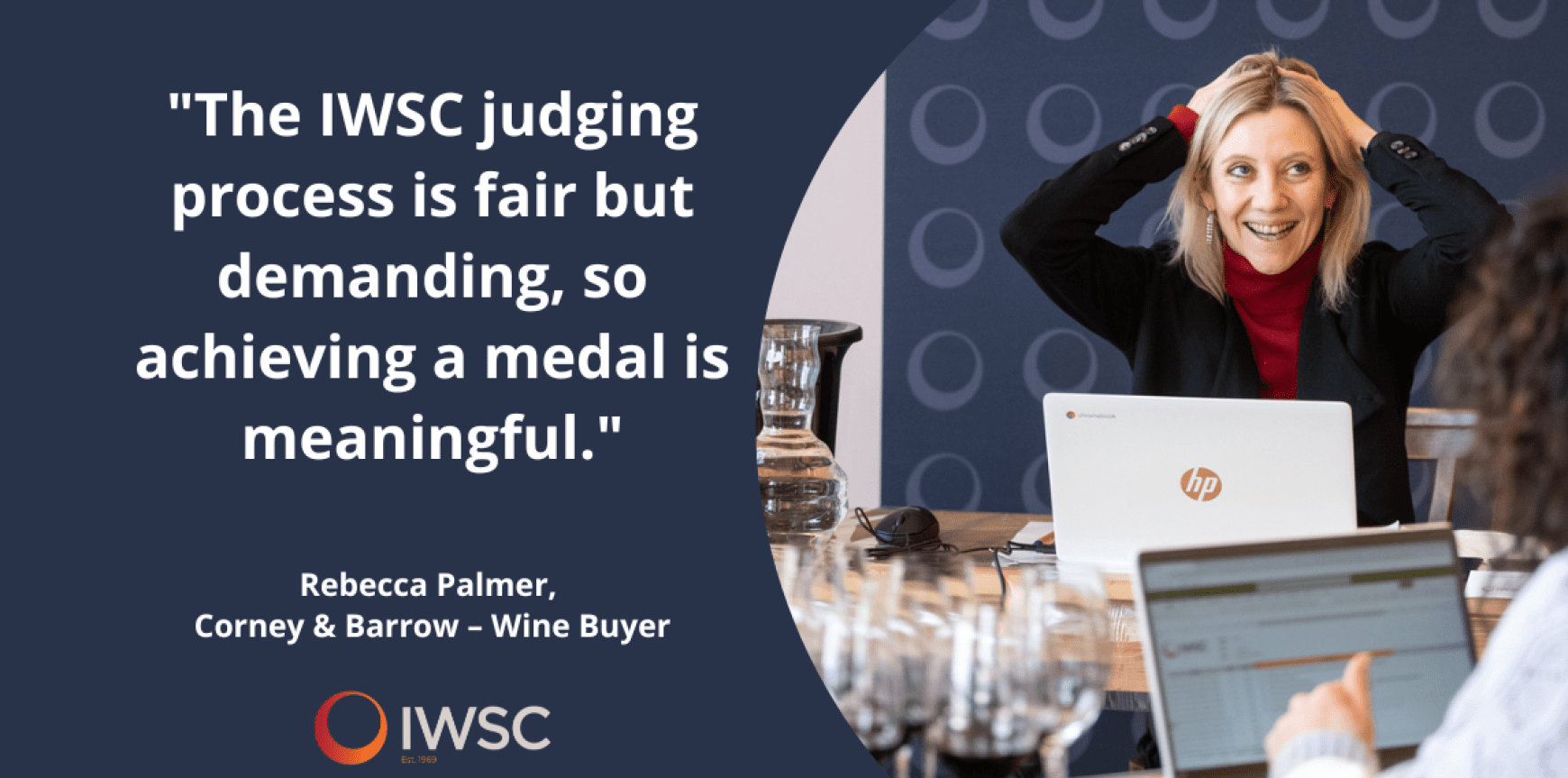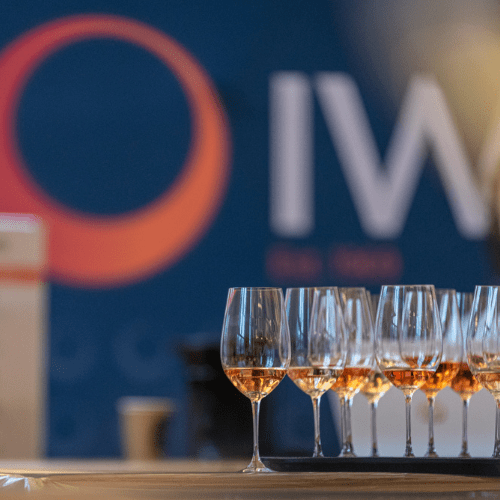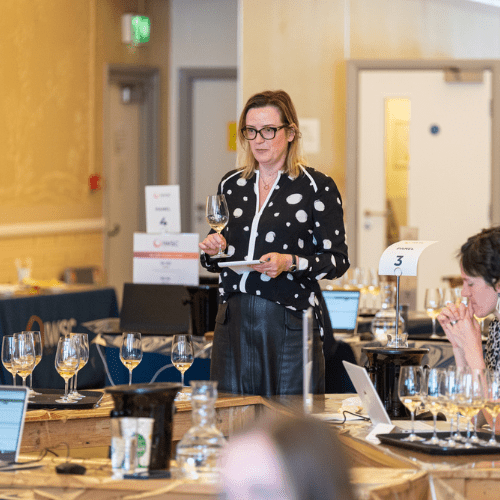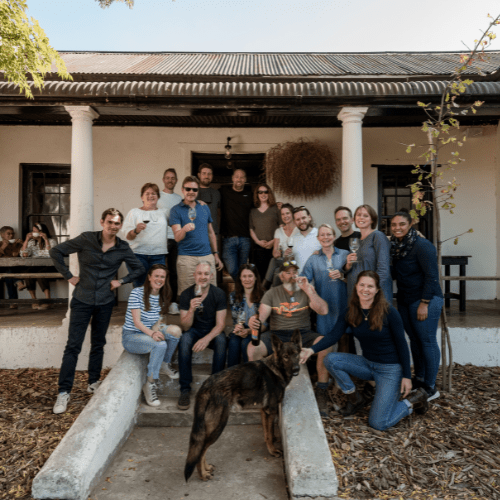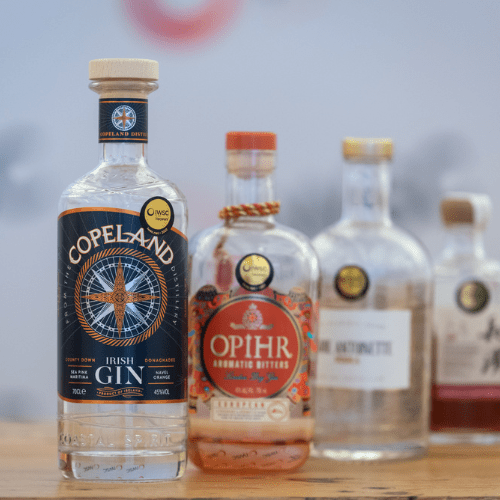Wine judging process
Judging process
Achieving an IWSC award isn't easy, but that's what makes the medal so well respected
We run a tightly structured, rigorous wine tasting process. The format of our judging sessions allows for group discussion, which also ensures maximum exposure to key decision makers, who receive full details of the wines they have tasted after the session is complete.
Our points of difference
Why do we need four samples?
We want to ensure that if a wine is faulty or damaged we can serve a fresh sample to avoid any of your wines getting an unfair score. In addition, if your wine wins a gold medal it will be put forward for our trophy judging, where we will use a bottle in these judging sessions. Spare bottles are used for promotional activities throughout the year.
Videos
